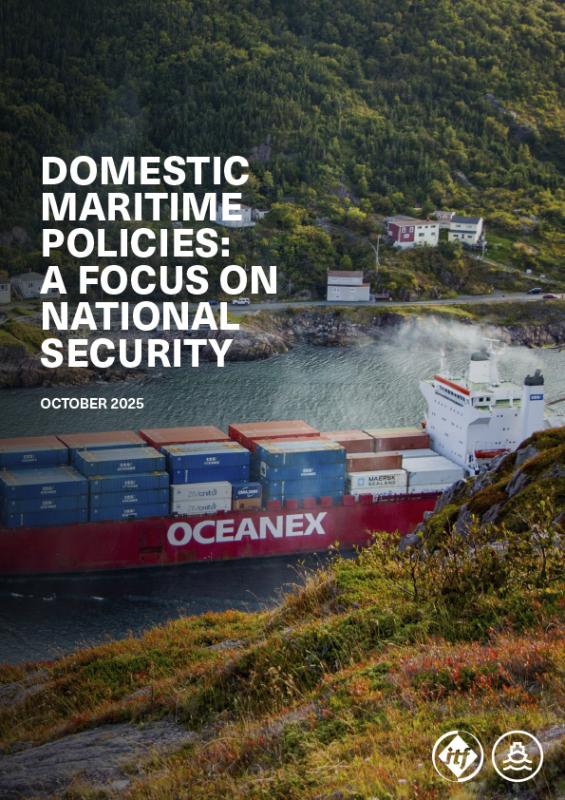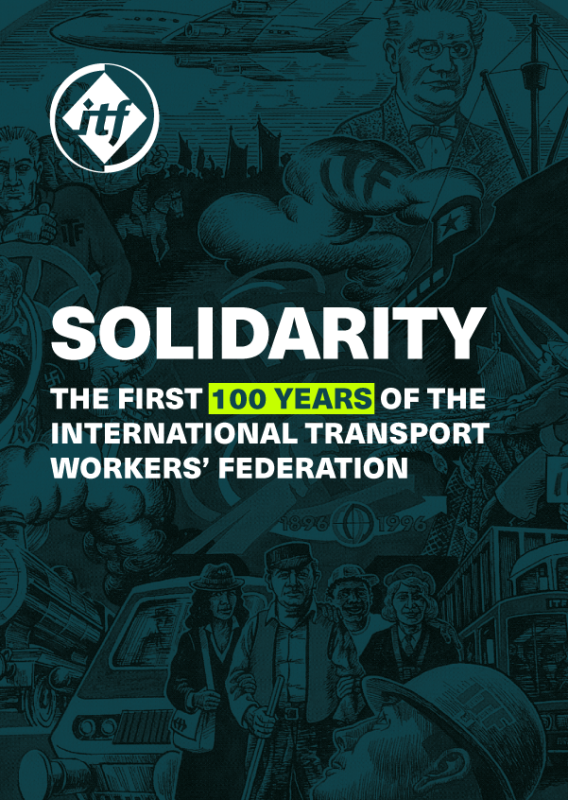Cabotage is the principle of reserving a nation’s domestic maritime commerce for its own citizens. It typically applies to transport of cargo and passengers, as well as marine industrial applications – such as off-shore drilling, wind farms, the exploitation of seabed mineral resources, dredging, fisheries and marine construction in a nation’s territorial waters – and feeder services linked to the liner trades.
Maritime cabotage policies are now in place 105 countries around the world, covering 85% of the world’s coastlines. They form a common-sense approach to ensuring coastal nations retain the capacity to move their own goods and people, a vital element of national security. At the same time, these policies promote fair market competition, help to ensure the retention of a qualified workforce, and create thousands of direct and indirect employment opportunities.








